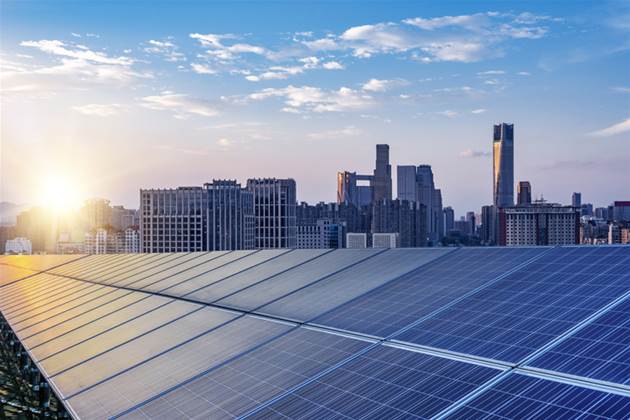Environmental sustainability and ESG are some of the top concerns in this year’s Gartner CEO survey with inflation also setting off alarm bells for executives.

Gartner’s annual CEO and senior business executive survey is a global assessment of business leader priorities and technology-related thinking.
In 2022, environmental sustainability became a top 10 business priority for the first time ever, with 9 percent of the respondents naming it as one of their top three.
This was three times more than a year earlier, representing the biggest jump Gartner said it has seen in the survey’s history.
Social responsibility/ESG was the second largest contributor to CEO focus on corporate issues, increasing 50 percent year-over-year. Sustainability includes incorporating environmental, social and governance impact in long-term decision making. Sustainability is an outcome, ESG is a measurement and corporate social responsibility (CSR) is governance.
According to Gartner, “To increase sustainability impact, executive leaders should refocus vision, put digital to work and deliver price-sensitive, sustainable products.”
Gartner names three actions CEOs involved in sustainability should apply to their organisation. Firstly, they should draft a sustainability-infused vision. CEOs should provide data on stakeholder pressure and direct and indirect sustainability impact.
Secondly, they should put digital to work. Uncover ways digital technology can create a positive impact on material issues. Mitigate technology externalities like emissions, raw materials mining and algorithmic bias.
Thirdly they should deliver price-sensitive, sustainable products. Prove sustainable product impact through traceability and transparency.
Inflation factor
In the CEO report, Gartner noted that inflation will be both an accelerator and hurdle for executives. More than half of CEOs surveyed by Gartner view inflation as a significant, long-term trend lasting up to three years or more.
Gartner said geopolitical change, energy demand and energy supply are increasing inflation even more. Sustainability can both hurt and help inflation. For example, electronic vehicle (EV) demand is exceeding supply.
Ford stopped taking orders for the F-150 Lightning (its electric pickup truck) in December 2021 after reaching 200,000 orders. But EVs charged using renewable energy will help consumers and corporations reduce energy costs.
Inflation will create both barriers and accelerators for sustainability, Gartner said.
Oil and gas supplies have, for decades, been leveraged in geopolitics, and will continue to be in the future. More coal may be needed to heat homes in Europe in the short- and near-term due to shortages of natural gas. But decarbonisation can increase energy security and decrease energy costs for countries with access to sufficient renewable energy resources.
Some governments have reaffirmed their commitment to energy security and sustainability in the wake of geopolitical conflict. Environmental sustainability is a long-term transition that will not necessarily be linear.




_(23).jpg&h=140&w=231&c=1&s=0)






 iTnews Executive Retreat - Security Leaders Edition
iTnews Executive Retreat - Security Leaders Edition
 iTnews Benchmark Awards 2026
iTnews Benchmark Awards 2026
 iTnews Cloud Covered Breakfast Summit
iTnews Cloud Covered Breakfast Summit
 The 2026 iAwards
The 2026 iAwards












_(1).jpg&h=140&w=231&c=1&s=0)



